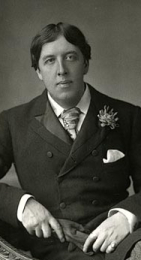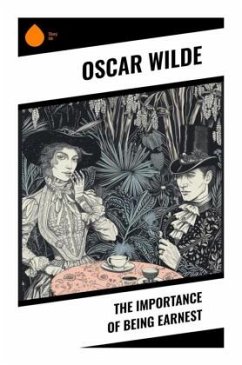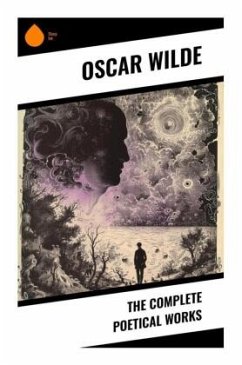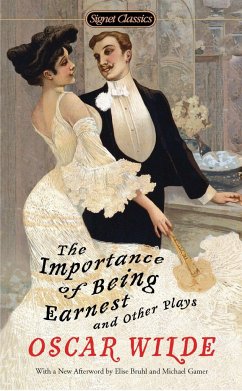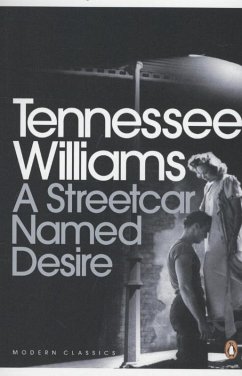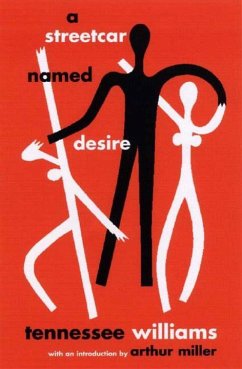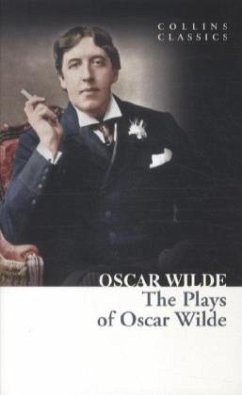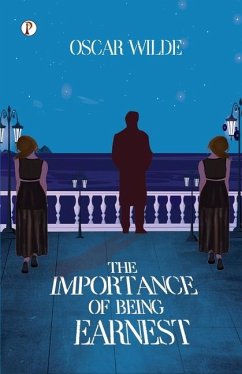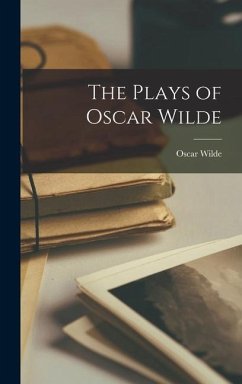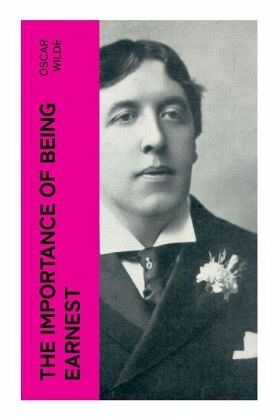
The Importance of Being Earnest
Versandkostenfrei!
Versandfertig in 6-10 Tagen
9,70 €
inkl. MwSt.

PAYBACK Punkte
0 °P sammeln!
In "The Importance of Being Earnest," Oscar Wilde crafts a brilliant comedic play that explores the complexities of identity, social norms, and the institution of marriage in Victorian England. With razor-sharp wit and a mastery of epigrams, Wilde employs a style characterized by its clever dialogue and satirical undertones, revealing the absurdity of societal expectations. The narrative revolves around two bachelors, Jack Worthing and Algernon Moncrieff, who adopt fictitious personas to escape the burdens of their lives, leading to a series of comedic misunderstandings that culminate in a rau...
In "The Importance of Being Earnest," Oscar Wilde crafts a brilliant comedic play that explores the complexities of identity, social norms, and the institution of marriage in Victorian England. With razor-sharp wit and a mastery of epigrams, Wilde employs a style characterized by its clever dialogue and satirical undertones, revealing the absurdity of societal expectations. The narrative revolves around two bachelors, Jack Worthing and Algernon Moncrieff, who adopt fictitious personas to escape the burdens of their lives, leading to a series of comedic misunderstandings that culminate in a raucous commentary on the era's superficiality and moral hypocrisy. Oscar Wilde (1854-1900) was a prominent playwright, poet, and author whose life and works were heavily influenced by the aesthetic movement, which espoused 'art for art's sake.' His keen observations of the societal norms of Victorian society are reflected in his writing, infused with an irreverent humor that critiques the veryconventions he navigated in his personal life. Wilde's own experiences with identity, particularly in relation to his sexuality, inform the play's themes and its compelling exploration of the duality of human nature. "The Importance of Being Earnest" remains a timeless masterpiece that not only entertains but also provokes thoughtful reflection on the nature of truth and deception. Its enduring relevance and the brilliance of Wilde's dialogue make it essential reading for anyone interested in dramatic literature or the intricacies of human relationships.



